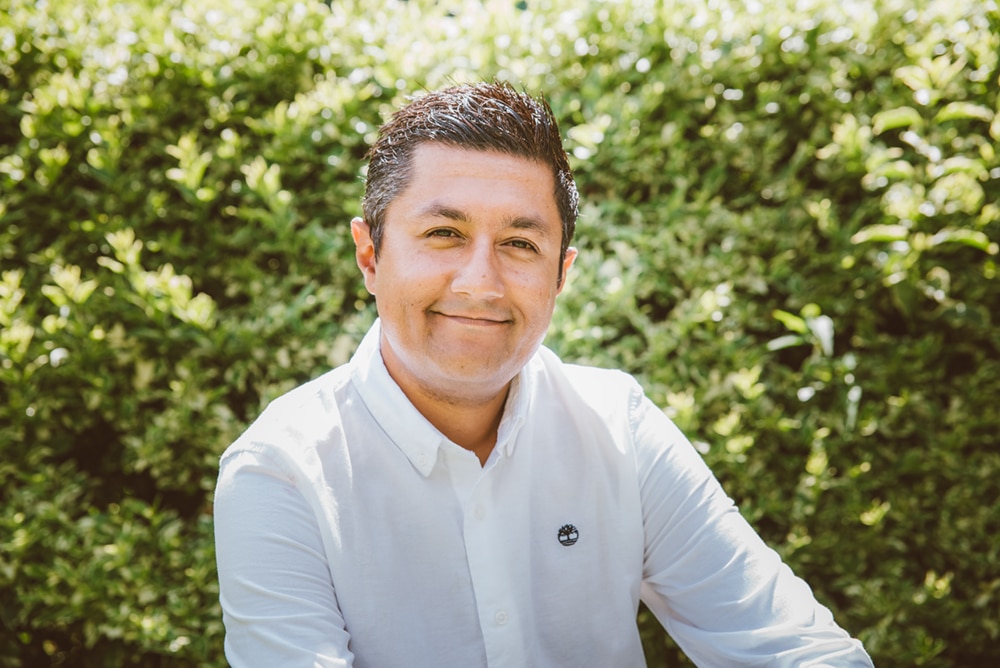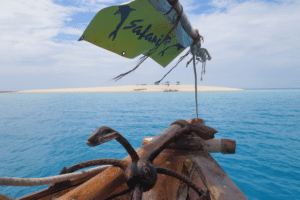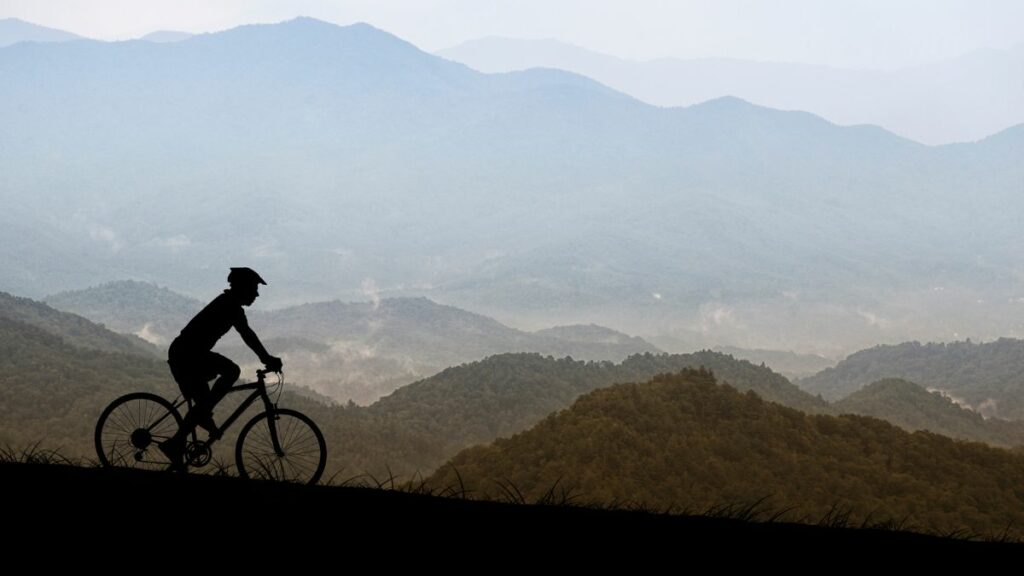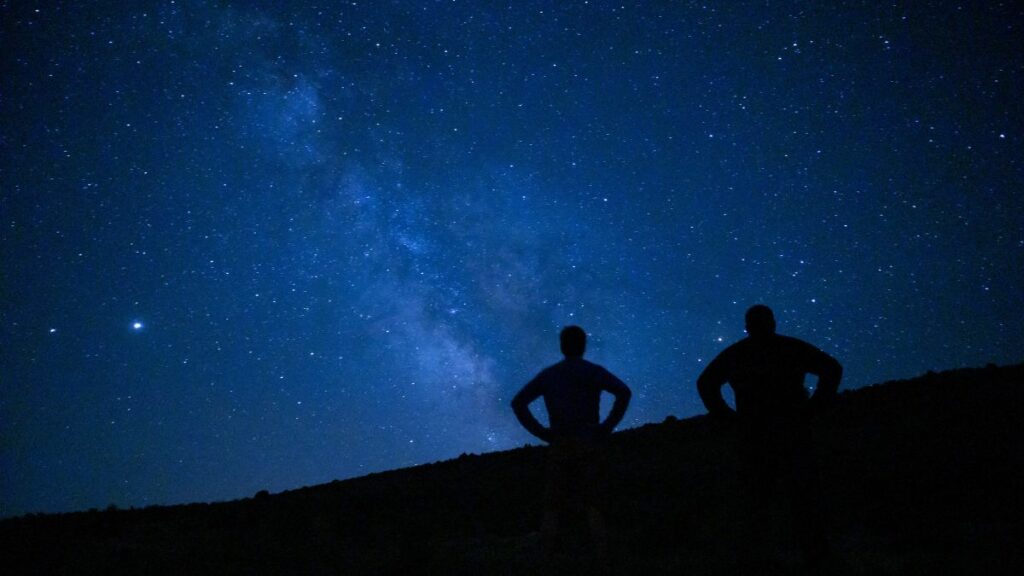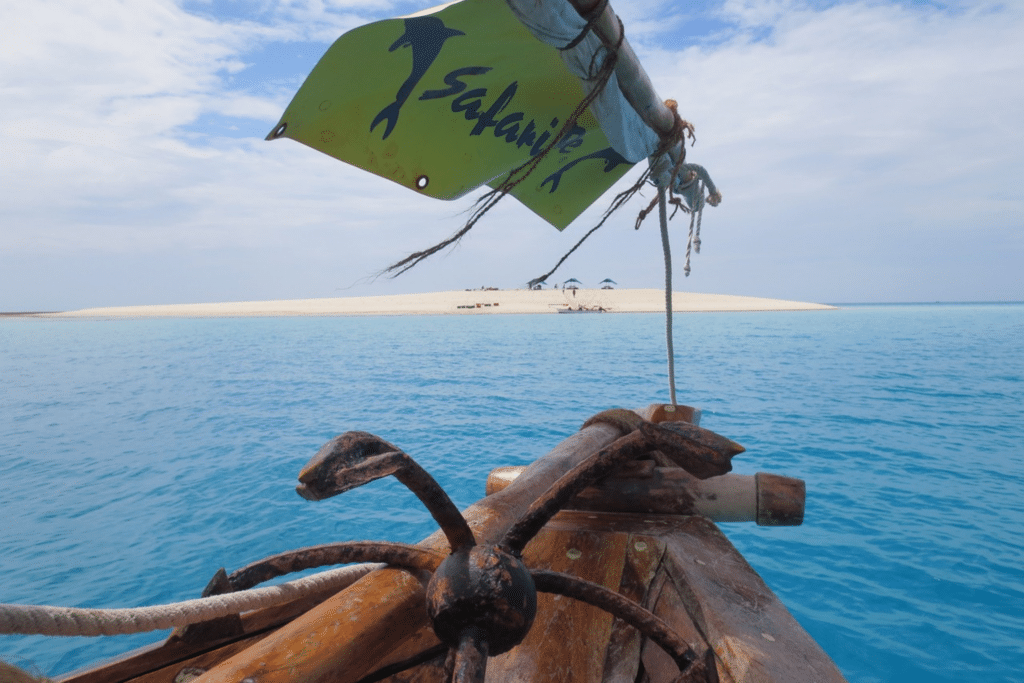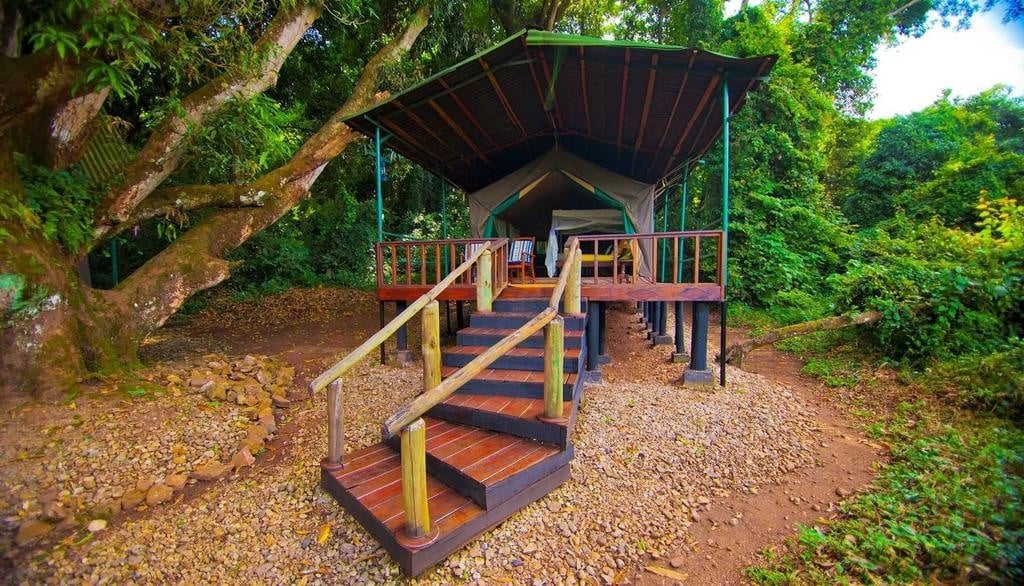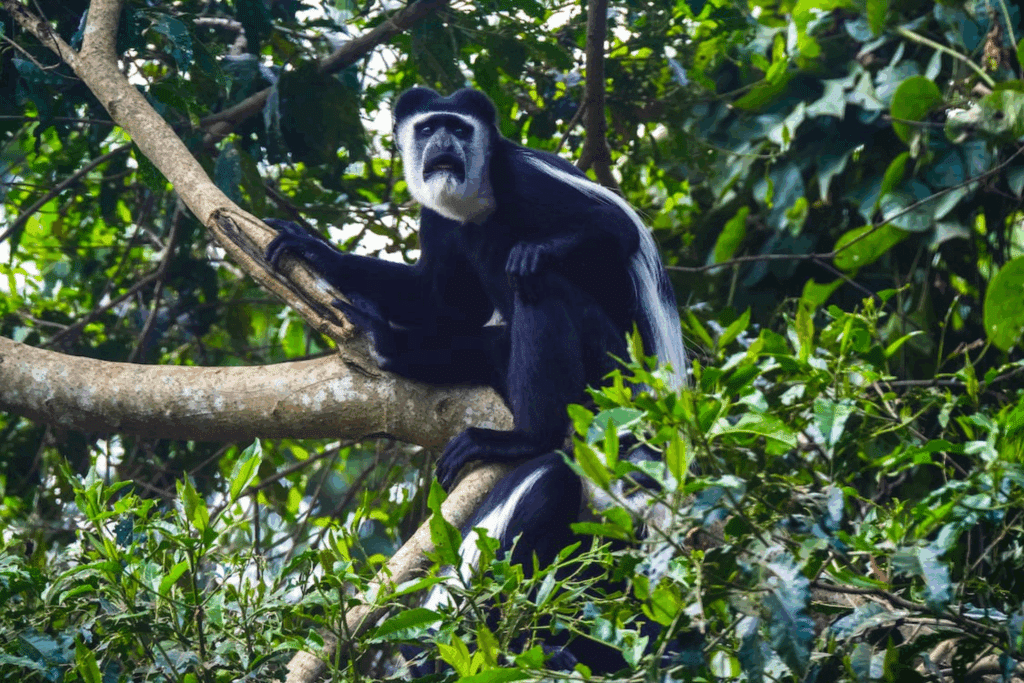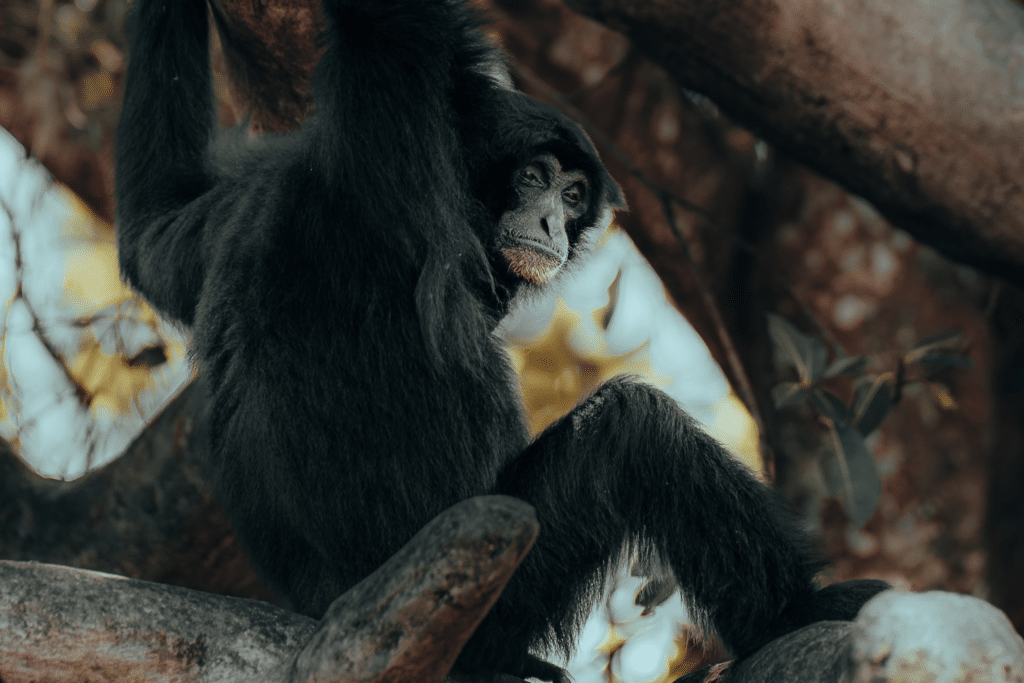It’s the first thing you think about in the morning—that nutty aroma emanating from a mug of Tanzanian coffee to your nostril, that sweet, caffeinated invitation soon to warm your body. The coffee also sharpens your senses to help you keep going every day.
Yes, it’s coffee we speak of.
Without coffee, many of us feel lost at sea, adrift in the doldrums of a foggy mind. No coffee means no momentum. It’s estimated that worldwide, humans drink over two billion cups of coffee daily.
Two billion (I just spilled my latte writing that). We are currently a species addicted to the dark bean, a simple hot beverage made by roasting and grinding a seed and bathing it in hot water.
Tanzania’s best kept secret? World-class Tanzanian coffee

Coffee is picky. It can only be grown in equatorial climates at certain temperatures and elevation levels. The more premium coffee beans, like Arabica, are also the most sensitive to climate, soil, and water. So, when prime growing conditions are available, coffee can become a cash crop that can be exported around the world.
Currently, coffee is Tanzania’s largest export, with upwards of 40,000 metric tons grown annually, accounting for about $60 million in revenue annually. The Tanzanian coffee industry employs more than 400,000 families. Tanzania is the fourth largest African producer of coffee, placing it well within the world’s top 20 largest coffee producers. (Source)
Geographic location and climate
Tanzania’s geographic location near the equator provides it with the ideal conditions for coffee cultivation. Situated in East Africa, the country benefits from a tropical climate with ample rainfall and sunshine throughout the year. Consistent temperatures and precipitation create a stable environment conducive to coffee growth.
Additionally, Tanzania’s proximity to the Indian Ocean influences its climate, with coastal regions experiencing slightly milder temperatures than inland areas. This balance of warmth and moisture ensures optimal conditions for coffee plants to thrive.
Altitude and soil quality
Tanzania’s diverse topography includes highlands, plateaus, and mountainous regions, which offer varying altitudes suitable for coffee cultivation. Many of the country’s coffee-growing areas are located at elevations ranging from 800 to 2,000 meters above sea level.
Higher altitudes contribute to slower coffee bean ripening, resulting in denser and more flavorful beans. Furthermore, the volcanic soils found in regions such as Kilimanjaro and the Southern Highlands are rich in nutrients, providing essential minerals and organic matter to nourish coffee plants. This combination of high altitude and fertile soil enhances the quality and complexity of Tanzanian coffee.
Unique microclimates in various coffee-growing regions
Tanzania boasts diverse microclimates due to its varied geography and elevation levels. Each coffee-growing region within the country possesses its distinct microclimate, characterized by specific temperature patterns, rainfall, and humidity.
For example, the slopes of Mount Kilimanjaro experience cooler temperatures and ample rainfall, creating a microclimate ideal for Arabica coffee production. In contrast, the Southern Highlands region features warmer temperatures and drier conditions, which are suitable for Robusta coffee cultivation. These unique microclimates contribute to the diversity of Tanzanian coffee flavors and profiles, producing a wide range of high-quality beans with distinct characteristics.
Overview of Tanzanian coffee varieties (e.g., Arabica, Robusta)
Tanzanian coffee production centers mainly on two primary types: Arabica (Coffea arabica) and Robusta (Coffea canephora). Arabica coffee, prized for its exceptional quality and intricate flavors, dominates Tanzania’s coffee production.
Flourishing in higher elevations found in regions like Kilimanjaro and Arusha, Arabica beans benefit from the country’s favorable climate and volcanic soils. In contrast, Robusta coffee is grown at lower altitudes, particularly in the Southern Highlands.
Although Robusta beans are noted for their more robust flavor profile and higher caffeine content, they are typically utilized in blends or for instant coffee rather than specialty coffee.
Distinct flavor profiles and tasting notes
Tanzanian coffees are celebrated for their diverse flavor profiles, influenced by altitude, soil composition, and processing methods. Arabica beans from regions like Kilimanjaro are prized for their bright acidity, floral aroma, and citrusy notes, with hints of bergamot and jasmine.
In contrast, coffees from the Southern Highlands tend to exhibit a fuller body, with earthy, chocolatey undertones and a lingering finish. Robusta beans grown in the country offer a bolder flavor profile, characterized by a strong, deep flavor with notes of dark chocolate, nuts, and spices.
Overall, Tanzanian coffees present a wide range of flavors to suit various preferences, from delicate and nuanced to bold and robust.
Influence of processing methods on flavor development
The processing method employed plays a crucial role in shaping the flavor profile of Tanzanian coffee beans. Wet processing, also known as washed processing, is commonly used for Arabica beans, particularly those grown at higher altitudes. This method involves removing the cherry’s outer skin and pulp before fermenting and washing the beans to remove any remaining mucilage.
Wet-processed Arabica coffees from Tanzania often exhibit cleaner, brighter flavors with pronounced acidity and floral notes. In contrast, Robusta beans are typically subjected to dry processing, where the cherries are dried intact before hulling. This method results in Robusta coffees with a fuller body, deeper flavor, and lower acidity than their Arabica counterparts.
Additionally, natural processing, which involves drying the cherries with the pulp intact, is occasionally used for Arabica and Robusta beans in Tanzania. This yields fruitier and more complex flavor profiles with hints of berry and wine.
What makes Tanzanian coffee so good?

After arriving into Tanzania for your safari, Kilimanjaro trek or Zanzibar getaway, you will most likely travel through coffee plantations at some point. These rolling green fields boast broad-leafed plants extending as far as the eye can see. But how did Tanzania become such a coffee titan? For this, we have to reach back into the history books.
Humans first consumed coffee around the 15th century in Ethiopia, only several hundred miles north of Tanzania. The plant was used to extend alertness, work longer hours, and for prayer. The plant quickly spread around the world following trade routes.
In the 16th century, coffee starts to be grown in northwestern Tanzania with the Haya tribe, who smoked, boiled, and chewed the stuff, but never drank the dark concoction.
Colonization by the Germans and British accelerated coffee growing techniques in Tanzania, and many tribespeople worked coffee plantations, including the Chagga who live around Mount Kilimanjaro. After Tanzania gained its independence in 1961, the country’s leaders saw promise in its coffee export and doubled down on supporting its economy.
Public management of the coffee industry led to complications and market volatility, and reforms in the early 1990s privatized the industry. Now, over ninety percent of coffee in Tanzania is grown by smallholder farms. Here’s more Tanzanian coffee history: (Click Here)
What does Tanzanian coffee taste like?
The higher quality coffee for which Tanzania is known, Arabica, is famous for its bright acidity and fruity tart notes. Expect a cup of Tanzanian brew to taste much like Ethiopian or Kenyan coffees (as they all share a common origin). The Tanzania peaberry is a known delicacy for coffee enthusiasts. (Source)
Can I go to a coffee plantation while visiting Tanzania?
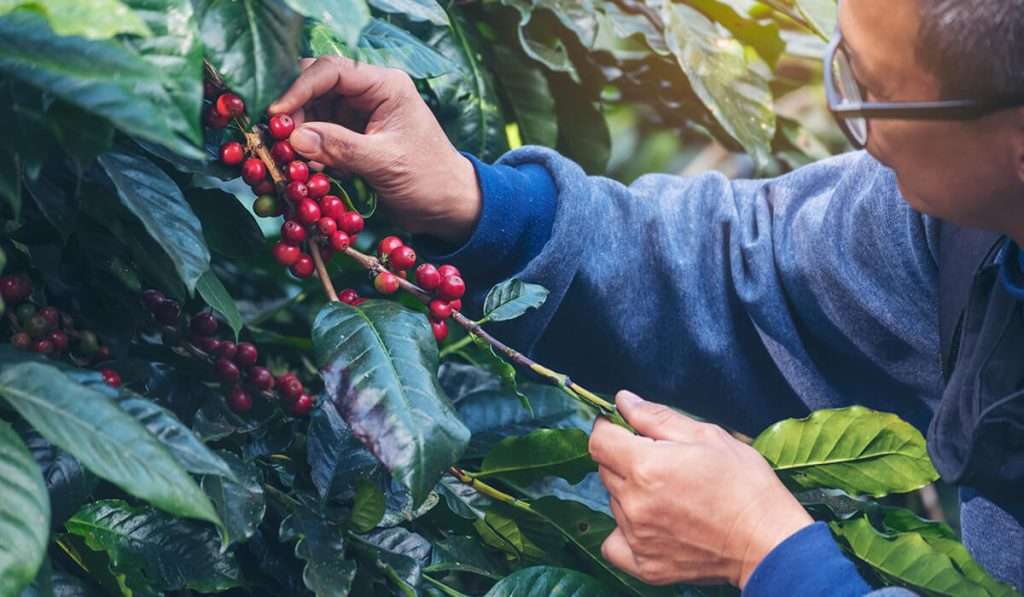
Easy Travel’s headquarters is in Arusha, on the slopes of Mount Kilimanjaro, the gateway to the country’s finest coffee plantations. We have long-held relationships with coffee farmers and can facilitate a plantation tour and coffee tasting.
Top places to caffeinate in Tanzania
Here are some of Tanzania’s favorite coffee hangouts:
Union Café – Moshi. This place is classic, a local favorite. Bring a book or journal and plan to spend a few hours sipping local coffee and watching the world pass by.
Zanzibar Coffee House—Stone Town. We recommend spending at least half a day in Stonetown for any Zanzibar trip. After exploring its labyrinthine streets, you’ll need a caffeinated power-up. Look no further.
Fifi’s Restaurant and Café – Arusha. Well-known spot in the center of town. There is excellent food, pastries, and people-watching, too.
Bottom line?
For most travelers to Tanzania, sights are set firmly on seeing lions, hippos, and other safari highlights. Or perhaps it’s the diving and beachcombing from the Spice Islands. But let’s be honest: none of this can happen without that first cup of coffee. So, if you’re traveling halfway across the globe for these experiences, why not make it taste better?
Getting you there?
Whether you’re daydreaming about a safari or trekking experience in Tanzania or crafting your itinerary with us, contact us today to include a day trip to learn the ecology and economy of Tanzania’s tastiest export.
Frequently Asked Questions (FAQs)
What makes Tanzanian coffee unique?
Tanzanian coffee is renowned for its high quality and distinct flavor profiles, which are attributed to the country’s ideal growing conditions, including altitude, soil quality, and climate. As one of the prominent coffee-producing countries in Africa, Tanzania boasts an impressive variety of coffee beans, each offering its unique taste and aroma.
Coffee enthusiasts worldwide seek Tanzanian coffee beans for their exceptional quality and rich flavor characteristics, making them a prized commodity in the global coffee market.
What types of coffee beans are cultivated in Tanzania?
Tanzania primarily produces Arabica coffee beans, which are prized for their superior quality and complex flavors. The country’s coffee production focuses mainly on Arabica beans, which are known for their premium taste and aroma. However, Tanzania also cultivates a smaller quantity of Robusta beans, typically used in blends or for instant coffee production.
The process begins with harvesting coffee cherries from the trees, which are then processed to extract the coffee beans. These beans undergo coffee roasting, a crucial step in bringing out their distinctive flavors and aromas, before being packaged and distributed for consumption.
How does Tanzanian coffee compare to other African coffees?
Tanzanian coffee stands out among other African coffees for its excellent quality and diverse flavor profiles. While countries like Ethiopia and Kenya are renowned for their coffee production, Tanzanian coffee offers unique characteristics influenced by the country’s distinct growing regions.
From the fertile slopes of Mount Kilimanjaro to the shores of Lake Victoria, Tanzania boasts ideal conditions for coffee farming, resulting in flavorful coffee cherries bursting with richness and complexity. Each single coffee bean reflects local farmers’ meticulous care and expertise, ensuring that Tanzanian coffee maintains its reputation for excellence in the global market.
What regions in Tanzania are known for coffee production?
Tanzanian coffee is cultivated in regions such as Kilimanjaro, Arusha, Mbeya, and the Southern Highlands. These regions boast unique microclimates and soil compositions, shaping the distinct flavor profile of Tanzanian coffee.
From Kilimanjaro’s fertile slopes to Mbeya’s lush landscapes, each coffee cherry benefits from its specific growing conditions, resulting in a rich and varied taste experience. Whether it’s the bright acidity of beans from Arusha or the bold body of those from Mbeya, Tanzanian coffee offers a range of flavors to delight every palate.
Expertly medium-roasted, these regular coffee beans capture the essence of Tanzania’s diverse terroir, delivering a truly exceptional coffee experience.
What role does the Tanzania Coffee Research Institute play in coffee production?
The Tanzania Coffee Research Institute (TaCRI) is instrumental in conducting research and development initiatives to enhance coffee production and quality in the country. TaCRI works closely with coffee farmers to provide technical assistance and promote best practices in cultivation, processing, and roasting.
How is coffee processed in Tanzania?
Coffee processing techniques in Tanzania are tailored to match the unique attributes of the beans and the preferred flavor profiles. Wet processing, for instance, entails removing the coffee cherry’s outer layers through washing and fermentation, yielding a more pristine and acidic flavor profile.
On the other hand, dry processing involves sun-drying the cherries before hulling, allowing the beans to absorb more of the fruit’s sugars and flavors for a fuller-bodied cup. Natural processing, commonly used for specialty coffees, entails drying the cherries with intact pulp, imparting intense fruitiness and complexity to the beans.
Each method contributes uniquely to the final flavor profile of Tanzanian coffee, offering coffee enthusiasts a diverse range of tastes to explore.
What contributes to the high quality of Tanzanian coffee?
Tanzanian coffee’s exceptional quality is attributed to various factors, such as its ideal growing conditions, meticulous cultivation, and harvesting techniques. Additionally, careful processing methods, including sorting and drying, play a vital role in preserving the beans’ integrity and flavor.
Moreover, the Tanzania Coffee Board ensures strict quality control measures throughout the production chain to maintain the coffee’s premium standards. These combined efforts result in consistently high-quality Tanzanian coffee that coffee lovers worldwide appreciate.
How is Tanzanian coffee roasted?
Tanzanian coffee beans undergo meticulous roasting processes to enhance their distinctive flavor profiles. Specialty coffee roasters carefully select roasting profiles tailored to bring out the beans’ inherent acidity, sweetness, and aroma. This attention to detail ensures that each cup of Tanzanian coffee delivers a superior taste experience.
What are some famous flavor notes found in Tanzanian coffee?
Tanzanian Arabica coffee beans are known for their bright acidity, floral aroma, and nuanced flavor notes, which may include citrus, berry, chocolate, and spices. Robusta beans, on the other hand, offer a bolder flavor profile with earthy, nutty, and chocolaty undertones.
How does Tanzanian coffee contribute to the country’s economy?
Coffee cultivation is crucial in Tanzania’s economic landscape, offering employment to numerous individuals and bolstering export earnings. The increasing global appetite for premium Tanzanian coffee beans serves as a catalyst for the nation’s economic progress and advancement.
What makes Tanzanian Arabica coffee beans desirable in the specialty coffee market?
Renowned for their outstanding quality, distinctive flavor profiles, and precise origin from distinct growing regions, Tanzanian Arabica coffee beans command significant attention in the specialty coffee sector. Aficionados cherish Tanzanian coffee for its intricate flavors, well-roundedness, and unmistakable regional attributes.
How does the proximity to Lake Victoria influence coffee production in Tanzania?
Coffee farms near Lake Victoria benefit from the region’s fertile soils, moderate temperatures, and ample rainfall, creating ideal conditions for coffee cultivation. The proximity to Lake Victoria also contributes to the unique microclimate that enhances the flavor development of Tanzanian coffee beans.
What initiatives are in place to support sustainable coffee production in Tanzania?
The Tanzania Coffee Board spearheads diverse sustainability programs aimed at fostering environmentally sound and socially accountable coffee production methods. These endeavors prioritize soil preservation, efficient water usage, biodiversity conservation, and equitable labor standards, all of which are geared toward securing the coffee industry’s sustainable future.
How has Tanzania’s coffee industry evolved over the years?
Tanzania’s coffee sector has experienced notable changes, starting with the introduction of Arabica coffee farming by German colonizers in the late 1800s, followed by the development of cooperative societies and modern agricultural methods. Presently, Tanzania remains dynamic in its approach, continuously innovating and adjusting to align with the requirements of the international coffee trade.
What prospects do Tanzanian coffee producers anticipate for the industry?
Tanzanian coffee producers are optimistic about the industry’s prospects, which are driven by increasing demand for specialty coffee, sustainable farming practices, and opportunities for value addition. By prioritizing quality, innovation, and market access, Tanzania aims to solidify its position as a leading producer of high-quality coffee on the global stage.














